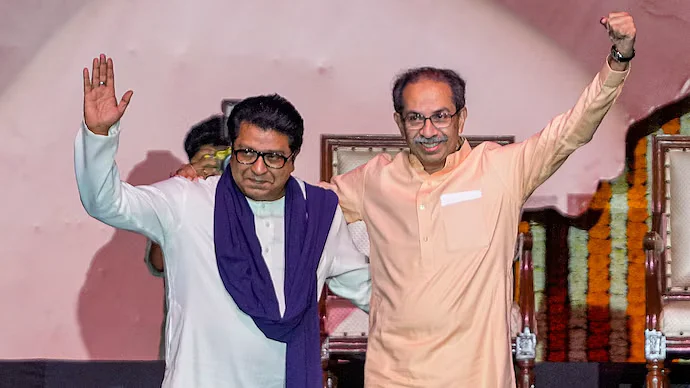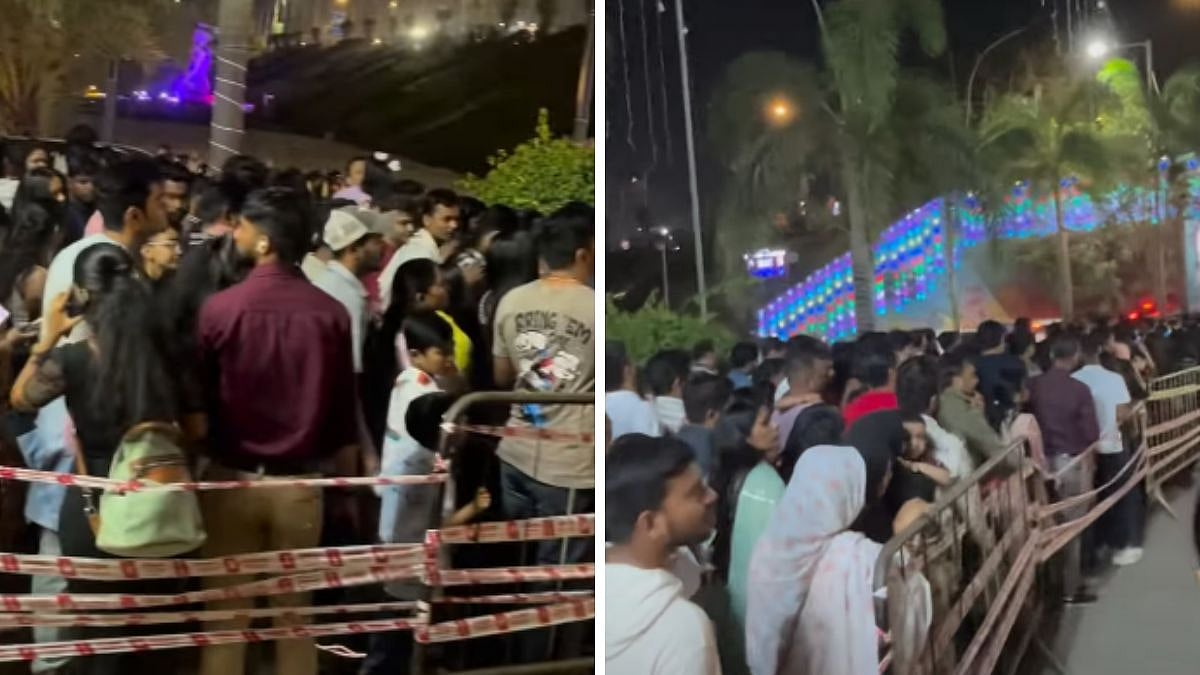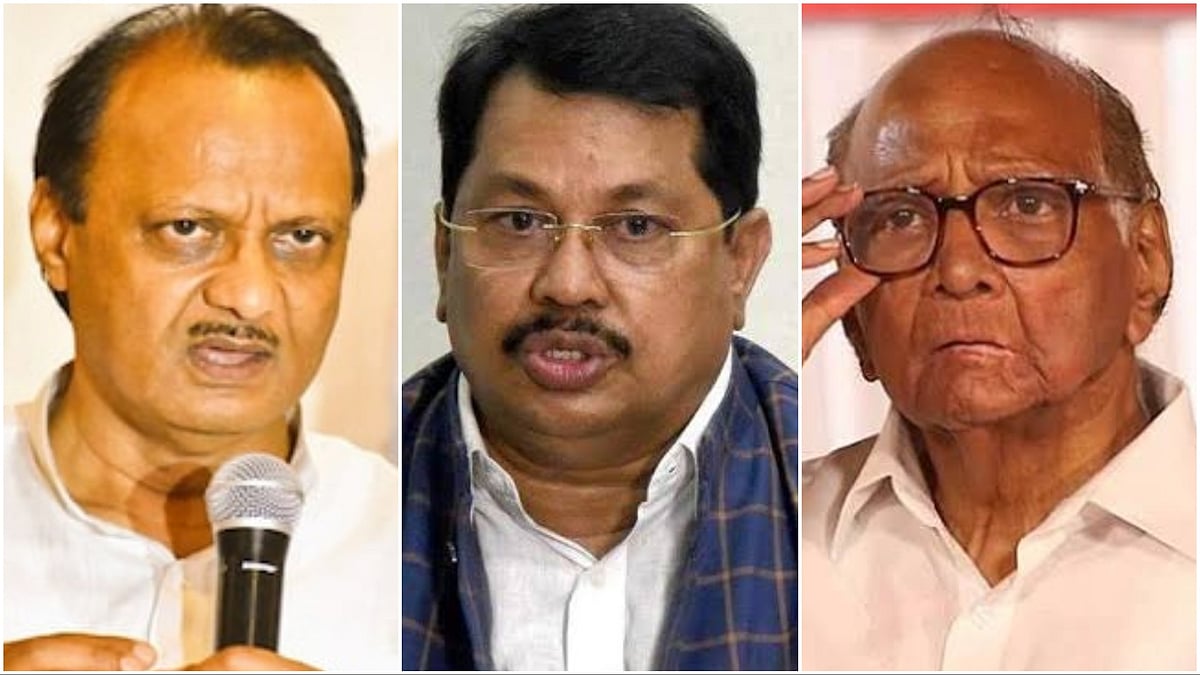In a recent development, a bench of the Mumbai’s National Company Law Tribunal in the matter of scheme of compromise and arrangements between Sahara Hospitality limited and its secured financial creditors (SFC) which is concerning a contentious scheme proposed by a petitioner company, has faced a split decision.
On February 29, it was noted that the judicial and technical members of the tribunal differed in their opinions on the proposed scheme, prompting the need for an independent member to provide a deciding opinion. However, due to an inadvertent oversight, the tribunal’s registry failed to upload the order and take necessary steps for appointing an independent member.
The split arose from differing interpretations of the scheme's compliance with existing laws and its impact on public interest. The judicial member rendered the lead judgment, while the technical member provided a dissenting opinion. The points of contention include:
1. Compliance with Law: The scheme proposes removing the Non-Performing Asset (NPA) tag from the petitioner's account with financial creditors. This action could potentially violate the Reserve Bank of India's (RBI) master circular issued on October 1, 2021, regarding stressed accounts. The technical member raised concerns about this potential violation, while the judicial member's stance on this issue differed.
2. Public Interest and Policy: The scheme also involves an infusion of Rs. 120 Crores by the promoters. However, there are questions about the promoters' capacity to inject these funds, given ongoing investigations by the Serious Fraud Investigation Office (SFIO) into the money trail, as well as restrictions stemming from the Supreme Court’s orders related to the depositor’s money issue in the Sahara Group case. The technical member viewed this as potentially contrary to public policy and public interest, whereas the judicial member disagreed.
The judicial member's ruling emphasized the tribunal's limited role in evaluating the commercial aspects of the scheme once the relevant class of creditors had considered and voted in favor of it. In his report, the judicial member stated, “Once the relevant class of creditors have duly considered the financial aspects and have voted in favour of the scheme with requisite majority, this tribunal has no jurisdiction to interfere into the commercial viability of the Scheme or non-occurrence of a future event.”
This perspective underscores a fundamental principle of corporate law, where creditor approval of a scheme typically limits the tribunal's authority to question its financial or commercial soundness, especially if the approval meets the requisite majority thresholds.
However, the technical member cited concerns over the integrity and feasibility of the proposed scheme, particularly given the ongoing investigations by the Serious Fraud Investigation Office (SFIO) into the affairs of the holding company of the corporate debtor, the technical member expressed serious reservations. He noted, “From the perusal of the order of the Supreme Court and the fact that the affairs of the Holding Company of the Corporate Debtor are under investigations before the SFIO, which has already flagged the investments made by the Holding Company in the Petitioner Company in the past, and from the reports filed in the case, …this bench is not satisfied about the efficacy in proposed promotors infusion of Rs 120 crores in the scheme.”
The technical member highlighted that the success of the proposed scheme is heavily contingent on a promised infusion of Rs 120 crores by the promoters, whose financial capacity is under scrutiny due to the SFIO's findings. The order further held “the proposed scheme cannot be said to be fair to the public interest and appears to be contrary to the public policy embodied in the RBI and SEBI regulations to protect the money of the depositors.”
Given the divided opinions, the bench has directed the tribunal's registry to rectify the oversight by uploading the orders and referring the case to the Hon’ble President under Section 419(5) of the Companies Act, 2013. The President will then appoint an appropriate third member to provide an opinion. The final order on the scheme will be issued based on the majority opinion.












